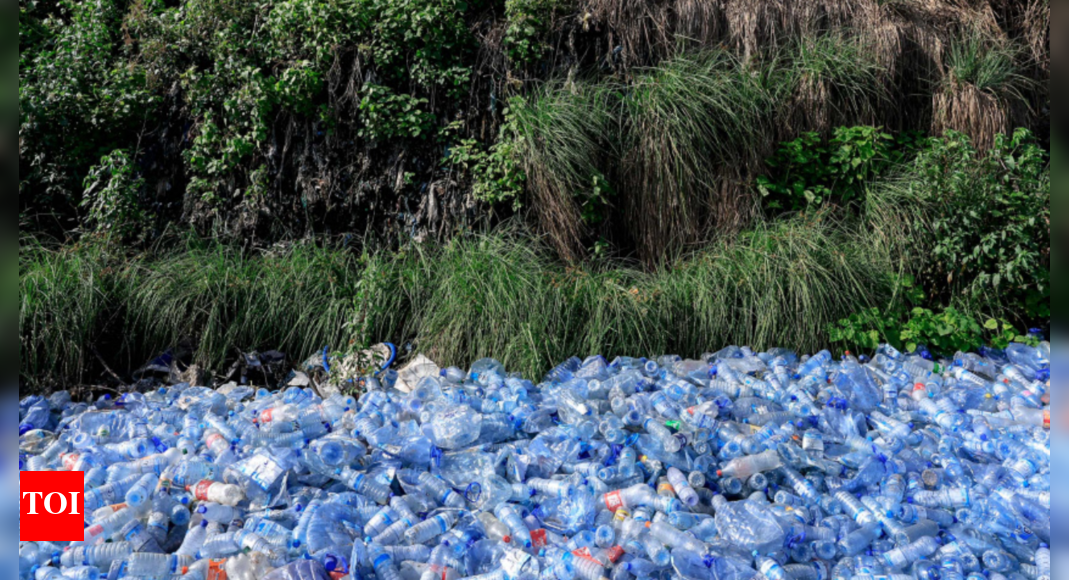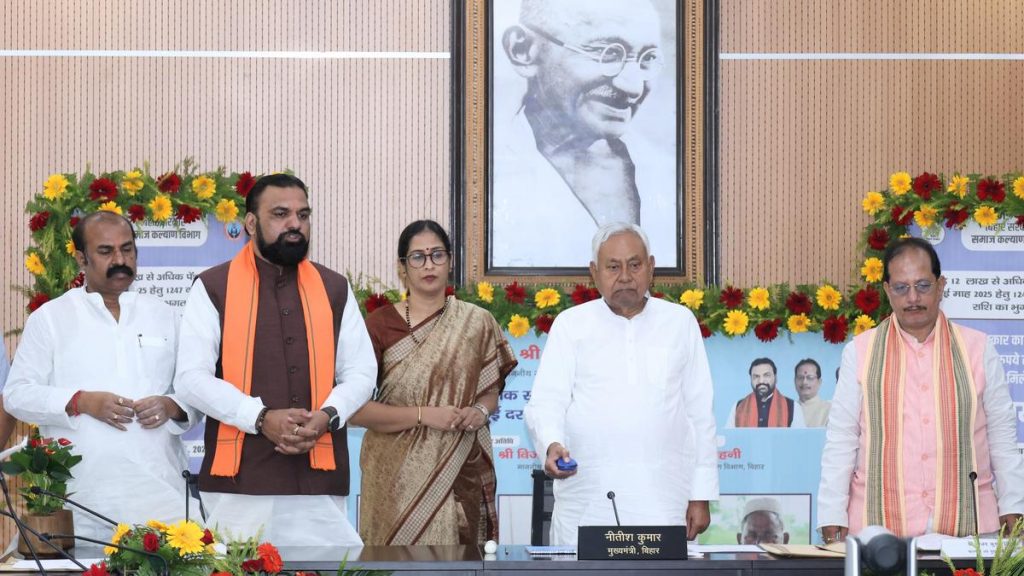Now Reading: Stalled Progress at UN Plastic Pollution Treaty Talks
-
01
Stalled Progress at UN Plastic Pollution Treaty Talks
Stalled Progress at UN Plastic Pollution Treaty Talks

Quick Summary
- Event: UN treaty negotiations on plastic pollution ongoing in Geneva, aiming for a legally binding agreement to combat environmental damage caused by plastics.
- Status: Progress has been slow; disagreements persist among 184 nations regarding the scope of the treaty-some favor focusing on waste management, while others advocate cutting production and addressing toxic chemicals.
- Challenges: the draft text of the treaty grew from 22 pages to 35 pages with nearly 1,500 brackets reflecting clashing viewpoints.
- Key Groups: The “Like-Minded Group,” including oil-producing nations like Kuwait and Saudi Arabia, opposes production limits and prioritizes waste treatment.
- Criticism: Countries like Uruguay argue that consensus should not compromise objectives. Environmental advocates warn against reducing ambitions to a mere waste management agreement.
- Other Responses: UNEP Director Inger Andersen expressed optimism despite difficulties but urged faster progress. Panama criticized countries profiting from plastic proliferation and stressed that recycling alone cannot solve the crisis.
- Impact Data: Global microplastic pollution is widespread-from mountain peaks to human bodies; more than 400 million tonnes of plastic are produced annually, with production expected to triple by 2060.
(Image: Below)
!Representative image
Indian Opinion Analysis
The negotiations around an international plastic pollution treaty highlight critical challenges for India as both a major producer and consumer in the global plastics economy. For India, balancing economic development with environmental sustainability remains pivotal; emphasizing stringent domestic regulations alongside advocating for shared global responsibility could create a pathway forward.
India’s participation in these talks may carry critically important implications-a robust global agreement addressing production limits could shape India’s industries reliant on single-use plastics while encouraging innovation toward sustainable alternatives.On the other hand, if reduced ambitions result in focusing solely on waste management without tackling upstream production issues or toxic chemicals use, it could delay meaningful long-term solutions vital for protecting India’s diverse ecosystems.
India holds an opportunity here to champion ambitious measures combining lifecycle control (production-to-disposal), fostering international cooperation while reinforcing local transitions toward green practices-ensuring economic growth aligns with ecological safety.























